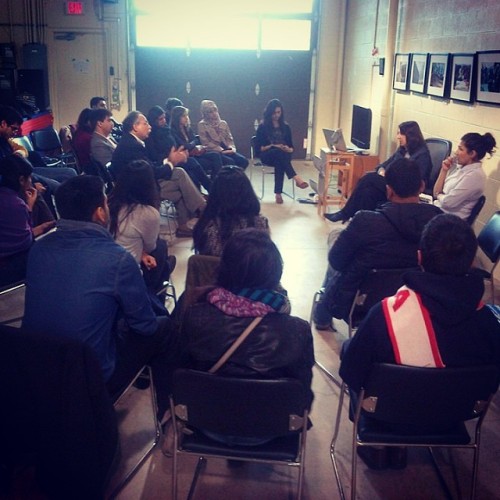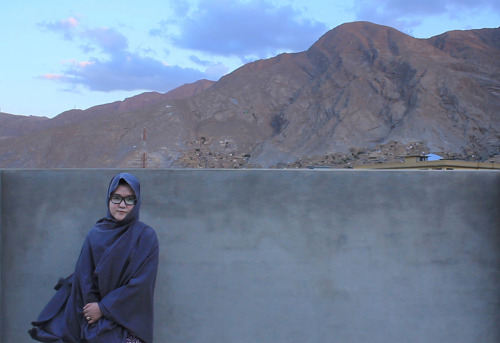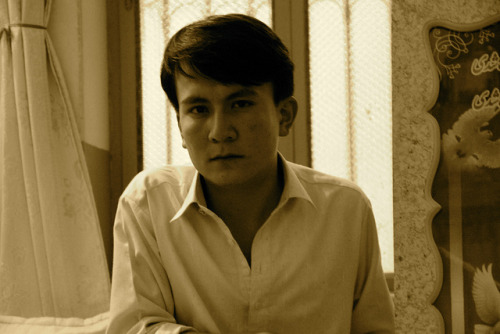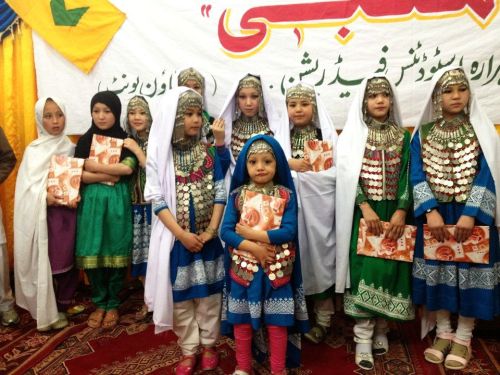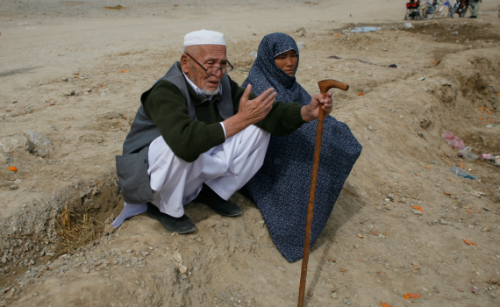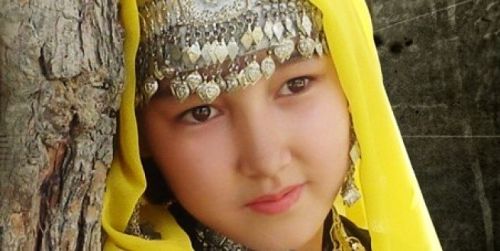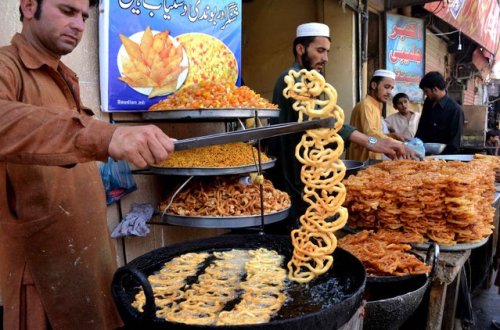#quetta
A summary from the groups discussion:
PDF was joined by Naheed Mustafa on October 27th, 2013 to share her experiences while recording her audio documentary in Pakistan on the ethical dilemma of using drones in the FATA region, which sits on the border of Pakistan and Afghanistan.
While most of the audience members were aware of the damage and destruction caused by the drone warfare, it would be safe to say that a lot of their information was based on the narrative propagated by the Pakistani media. Therefore, it became even more important to get first hand information from someone who spent time in Pakistan working and talking with family members of the victims. Ms Mustafa tackled complex debates while addressing the divide amongst Pakistani’s on the use of drones. She discussed the political implications of drone warfare as well as the complicity of the Pakistani military and the civilian government. It was also brought up in the discussion that although the drone program was controlled by the CIA, it is executed by US military officials and falls within the realms of international law by waging war on foreign soil against “militants.” Naheed pointed out that this was especially problematic because the definition of “militant” is not clearly defined and could include a majority of civilians who are uninvolved in any activity within the region.
A more startling revelation during the discussion with Naheed was that recently there have also been talks about launching drone strikes in Baluchistan, particularly Quetta. Rejecting the false dichotomy that drone is safer and more precise than a military operation to ‘weed out militancy’, Ms Mustafa made the crucial observation that a much more feasible and long-lasting alternative is really to increase political engagement, civilian government and people-led social efforts among the local population in affected areas. These areas have always been under the direct or indirect control of first the colonial, and then the Pakistani government, that has only led to entrenched corruption and disempowerment of the local population. In these situations, ordinary people who may even be suffering from militancy and terrorism are too afraid and powerless to speak out or act against it.
The discussion ended with Ms Mustafa highlighting that drone warfare is actually a continuation of existing violence experienced by people living in the region and without serious consideration to both the humane and policy implications, the drone warfare will continue, and, along with airstrikes conducted by the Pakistani military, more innocent lives will be lost.
Naheed Mustafa covers the above and much more in her audio documentary, “How we kill in war?” on Ideas with Paul Kennedy on CBC Radio. You can catch her documentary at the following link:
http://www.cbc.ca/ideas/popupaudio.html?clipIds=2409508010
Post link
Parkour: The other side of Hazara town
Over the last three years, if you happened to pass by a certain empty plot located in Quetta’s Hazara Town, you were likely to spot a group of young boys being mercilessly put through their paces. As boys leaped over a series of obstacles, it was not uncommon for one of them to fall to the ground with a pulled muscle or worse, a bone unable to withstand the pressure, snapping to the sound of boos from a scattered audience. “My mother tells me, ‘We have enough problems as a community and the last thing I want now is to see you bedridden’,” says 17-year-old Ali Muhammad, a member of the Hazara community in the city.
Read more here.
Follow us on Facebook | Twitter or Submit something or Just Ask!

